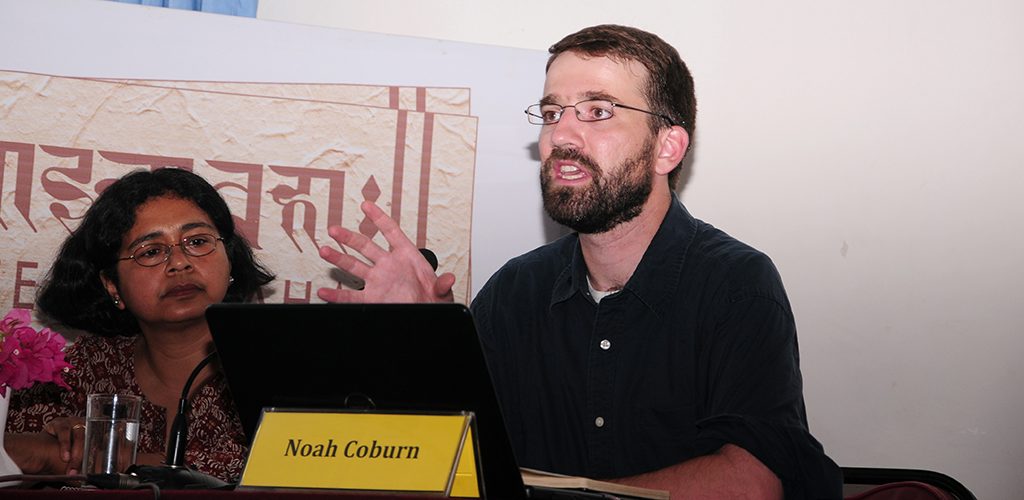Lecture Series
When are Elections Bad for Democracy? Internationally Sponsored Elections in Post-Invasion Afghanistan

Noah Coburn
on
When are Elections Bad for Democracy? Internationally Sponsored Elections in Post-Invasion Afghanistan
For those that link elections closely with democratisation, the five rounds of polling since the 2001 US-led invasion in Afghanistan present a challenging case. When viewed ethnographically from the local level, it is striking the ways in which elections have actually encouraged violence, allowed the ruling elite to consolidate power, and restricted access to resources for the average voter. In many cases, this was a result of leaders taking these mechanisms and adapting them to local cultural and social norms. Internationals, encouraging a top-down approach, were often confounded by these bottom-up manipulations. This lecture is part of study based on field research during the 2009, 2010 and 2014 elections in a series of communities across the country as well as close tracking of several candidates, voters and political issues over the past five years.
The case of elections in Afghanistan raises wider questions about holding elections during transitional periods when much of the country is still unstable. It also looks at the consequences of importing governance approaches without sensitivity to the cultural and political uniqueness of each place, asking whether ‘best practices’ are necessarily best for local communities.
* * *
Listen to or download lecture in audio format
Noah Coburn is a political anthropologist at Bennington College in Bennington, Vermont, USA. He has been conducting research on local politics and elections in Afghanistan since 2005, and is interested, more broadly, in the concept of intervention and how stories about conflict circulate in South Asia.
Professor Coburn received his PhD in anthropology from Boston University and is the author of Bazaar Politics: Power and Pottery in an Afghan Market Town (2011), an ethnography that focuses on a group of potters and the politics of production and marketing pots. He is also co-author of Derailing Democracy in Afghanistan: Elections in an Unstable Political Landscape (2014), which studies some of the unintended consequences of Afghanistan’s 2009 and 2010 elections on local politics. Most recently, he has been an observer for Chatham House during Afghanistan’s presidential and provincial council elections in April and June 2014.
